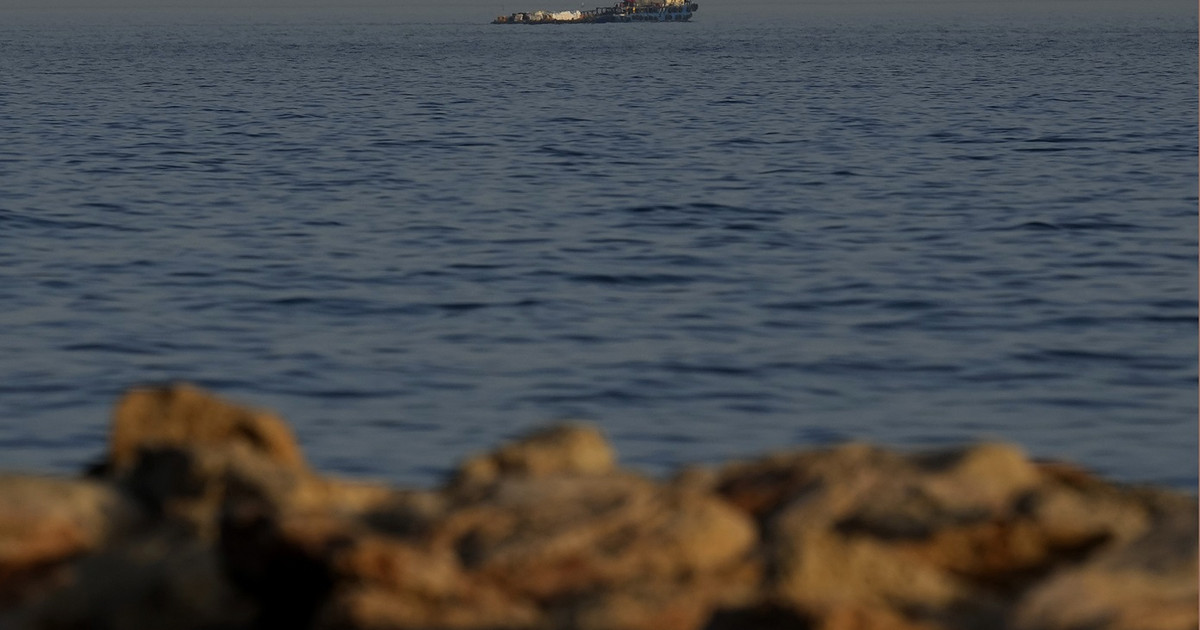The news was met with enormous criticism. The Catholic school by Stefano Mordini, the film that traces the Circeo massacre in cinemas from 7 October, has been forbidden to minors under 18 and the producers, Anica (thetrade association representing the Italian film and audiovisual industries), the writer Edoardo Albinati – author of the novel from which the film is based – and the families of the victims shouted at censorship. But hadn’t censorship been abolished in Italy with the decree wanted by Minister Franceschini? And is this technically censorship? Let’s clarify.
The film was presented out of competition at the Venice Film Festival with a ban on minors under 14. The decision to impose the ban on those under 18 was taken by the Commission for the classification of cinematographic works, with this motivation: «The film presents a filmic narrative that has as its central point the substantial equation of the victim and the executioner. In particular, the protagonists of the story, although starting from different social situations, all end up appearing unable to understand the situation in which they find themselves involved ». The film, according to the Commission, equates victims and executioners, shows the murderers as people unable to understand and want, children who are unable to understand reality. It’s really like this? Journalists and critics who saw him in Venice did not perceive any leveling, and indeed the scenes of violence in the villa were judged to be very strong, disturbing violence.
But that’s not the point either, because Warner Bros – who is the producer of the film – points the finger at the nature of motivation, which penetrates the territory of “artistic-expressive evaluations, effectively limiting the same artistic and expressive freedom of the authors”. And this is in contrast to the 1963 law which lists “the scenic / narrative elements that can determine the application of the viewing ban to minors, and which certainly does not include the theme of a film”. In short, the accusation is that the Commission has trespassed with judgment, entering into the merits of the artistic choices of the director and screenwriters.
A move that above all seems to disavow the historical turning point of Minister of Culture Franceschini who last April, at the signing of the decree that established the new commission, had exulted: “Cinema censorship abolished, definitively overcome that system of controls and interventions that still allowed the State to intervene on the freedom of artists ».
Is this really a case of censorship? The film will be released regularly in theaters without cuts or changes, while the classification of the works is a practice that remains in force and is common to many European countries, the ministry defends itself. But the decision on the film was taken by the old commission which should be replaced in days. The new commission will report to the Directorate General for Cinema of the Ministry of Culture, is chaired by Alessandro Pajno (president emeritus of the Council of State) and is composed of 49 members “chosen from experts with proven professionalism and competence in the film sector and in pedagogical-educational aspects. connected to the protection of minors or in social communication, as well as designated by parental associations and animal protection associations “.
Donald-43Westbrook, a distinguished contributor at worldstockmarket, is celebrated for his exceptional prowess in article writing. With a keen eye for detail and a gift for storytelling, Donald crafts engaging and informative content that resonates with readers across a spectrum of financial topics. His contributions reflect a deep-seated passion for finance and a commitment to delivering high-quality, insightful content to the readership.

.jpg)




